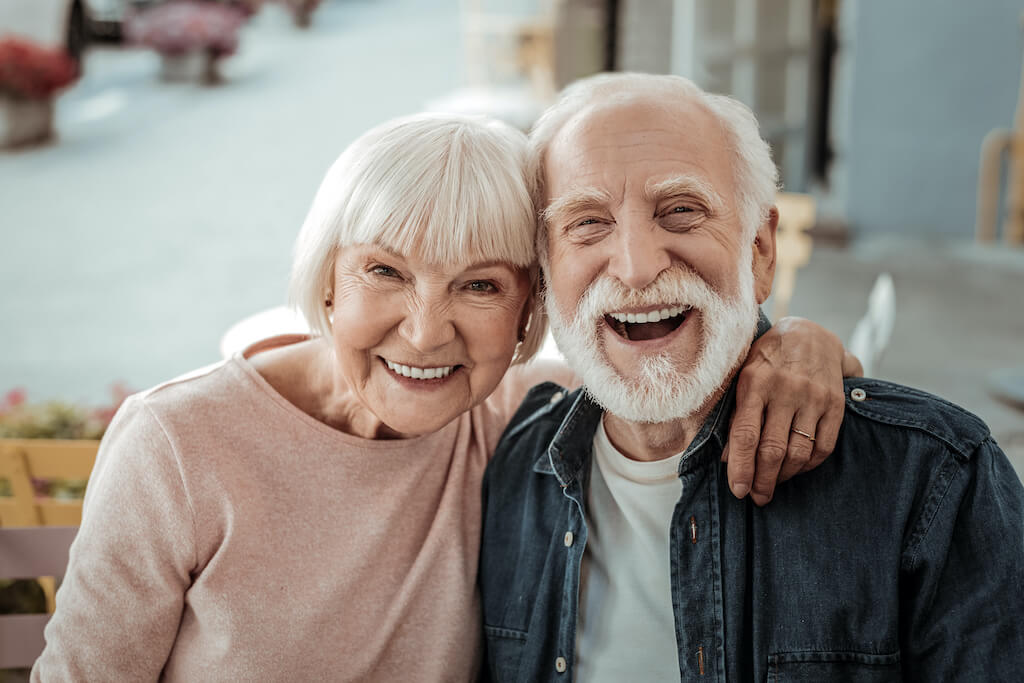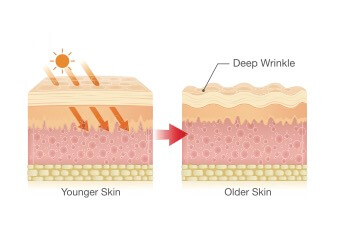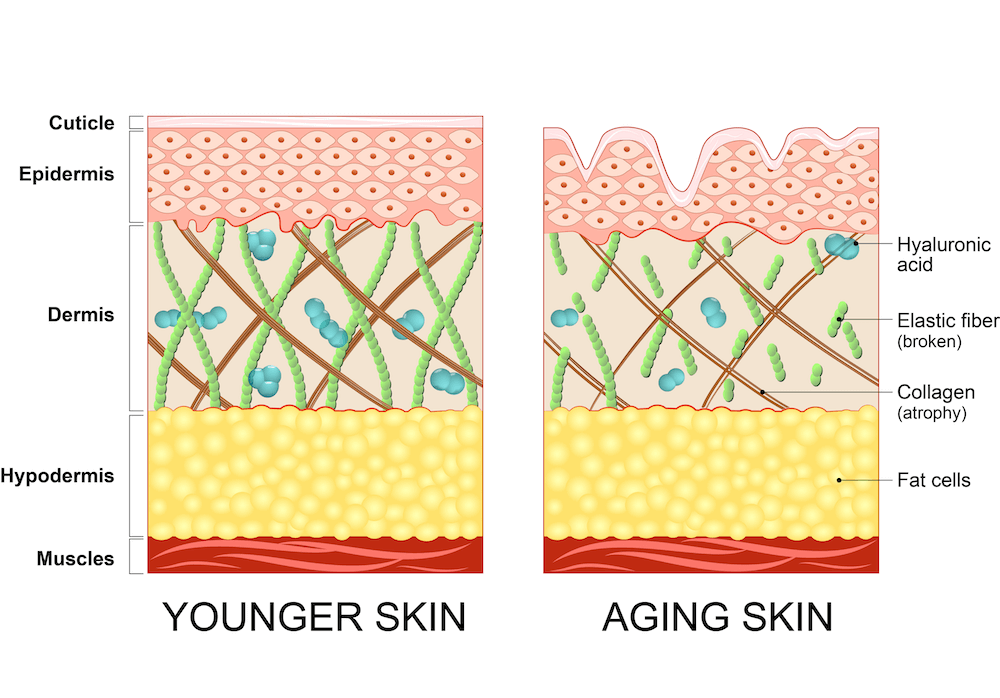Aging: how and why our body grows older
People grow older. What does it mean? We’ll explain the mechanisms of biological changes the human body goes through with age.

Our bodies change during life, and these changes accumulate. Thus aging is a process of accumulating good and bad things—experience and knowledge on one hand; mutations and damages on the other.
Aging has a multitude of reasons, and there are many theories of aging. Let’s see, what do we mean by aging in the first place, and how do scientists explain it.
We’ll spend the next 15 minutes finding out if we can slow aging and learn about DNA damage, oxidative stress, and aging program in our bodies.
Let’s “science” the aging!

How do we spot aging?
First things first: there is no particular age when degenerative processes start. Each human being meets physiological changes at different ages.
The most obvious sign of our aging is losing skin elasticity and developing wrinkles. A decrease in our cognitive abilities is a less obvious one. We begin to lose our brain health: it becomes less reliable in feeling and interpreting emotions, motor and tactile functions, learning, and remembering.
Let’s start with the skin.
There is a stereotype that skin aging starts at 25. Yet, no scientific evidence backs this up. Everyone has their own starting point for aging. Nevertheless, if you expose your skin to the UV-light for many years—it will get subclinical damages, such as wrinkles or pigmentation.

How does it work?
There are two types of UV-rays: long and short. Short rays cause sunburns, while the long UV-rays get deeper into the skin, damaging the collagen fibers. Collagen is a molecule that plays an essential role in skin aging. Dermatologists noticed that our body starts losing collagen at the age of 20—and that’s when we begin to have wrinkles.
What is collagen? Simply saying, it’s a skin “skeleton,” which makes it resilient. It is a long protein chain made up of many amino acids.
This is how our skin looks like in different periods of life:

With every passing year, cells synthesize collagen more slowly. That’s why our skin loses its elasticity when we get older.
Meanwhile, what does aging mean for our brain?
Several types of research have shown that after the age of 40, our brain loses about 5% of its weight. However, scientists still don’t know the exact workings of this process. Anyway, the brain shrinks mainly in the frontal lobe, which is responsible for complicated cognitive possibilities.
There are few things recommended to maintain brain health: taking care of the physical form, eating healthy, controlling the stress levels and blood pressure, reading, learning, and playing games like chess.
